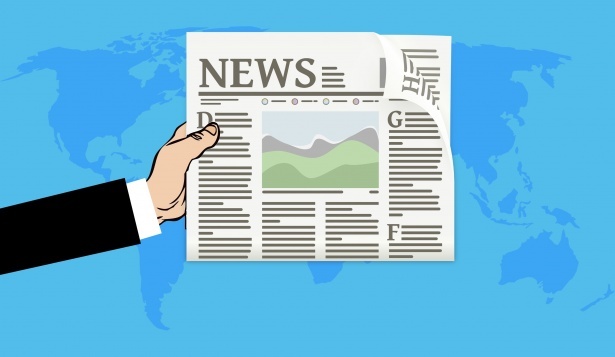This article is an edited reproduction of a Twitter thread from @marklittlenews, posted on Sunday 22 March 2020. Mark Little is a Journalist and entrepreneur. He is CEO and co-founder of Kinzen and Founder of Storyful.
By now, we each know our role in fighting the Coronavirus. We have some sense of personal agency. But many smart people I know feel powerless in the battle against the misinformation virus, what the WHO calls the ‘infodemic’. I’d like to share some information and links that might help.
You don’t need to be an expert, journalist, or influencer, to make a difference in the fight against misinformation. Your superpower is the trust of your friends and families. Your lasting achievement is protecting them.
But first, protect yourself. We’ve all spread misinformation. Just as we all touch our faces. The trick is to become aware of an irrepressible urge to share something. It’s a red flag. It means stop. For next steps, check out the work of Infodemic blog or use the tips on the Be Media Smart website.
The second essential step is vetting your sources. Does their profile/location/previous posts align with the story? Is there an agenda at play? Does that self-proclaimed expert really have the experience to justify their swagger? More on vetting your sources from Noah Haber at Medium.
Misinformation often has trace elements of truth. The most infectious hoaxes appeal to our craving for hope. But we need to be conscious of the “greed for virality” that fuels their spread, and how they reinforce the sense that nothing can be trusted. This piece in the National Geographic by Natasha Daly highlights how bogus stories of wild animals flourishing in quarantined cities gives false hope—and viral fame.
You don’t have to keep up with every hoax. There are networks of very cool people doing it for you. The International Fact-Checking Network from Poynter @factchecknetbrings together fact-checkers worldwide. It’s worth making a daily check in the #CoronaVirusFacts Alliance.
Fact-checkers and scientists are the infodemic’s first responders. But they also teach the rest of us better personal habits. Just as the pandemic forces us to think of new ways of working, the infodemic demands new ways of reading. See How to spot bogus science stories and read the news like a scientist
Misinformation is accelerated by social media. The virus thrives in the messaging apps that have become our family chat rooms. But help is never far away. Even on WhatsApp. The WHO has set-up a Health Alert messaging service via WhatsApp to provide the latest news & information on COVID19 including details on symptoms and how to protect yourself. Just save this number +41 79 893 18 92 as “WHO” and then send “Hi” via WhatsApp to get updated information.
In times of crisis, we turn to sources we know and trust and social media can offer sources we didn’t know, but should trust. Some smart Twitter folks (including @jeffjarvis, @gavinsblog) have lists of experts worth following. Here’s my list.
A closing thought: there is wisdom in this crowd. And an abundance of expertise, experience and solidarity. You have the power to find it. Just as you’ve found new ways to live a full life in the age of pandemic as shown in this New York Times piece.
